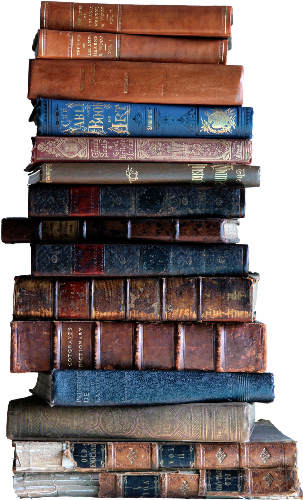Prompt of the Day #3
Think about the worst mistake you've ever made, or the worst mistake you think someone you know has ever made. What was it? Was it highly embarrassing or did it hurt somebody? What happened afterwards? How did you feel when you did it? How did it feel afterwards? A thousand emotions can stem from looking back at a moment but it's harder to remember the exact emotions of the actual experience.
Try writing two versions of the same scene, one in the present and one in the past. Contrast what the immediate experience is like compared to the feelings that run through one's head in hindsight.
Oscar Wilde said: If at first you don't succeed, redefine success. When you think about it, this is all literature is about. Shakespeare redefined the sonnet, Laurence Stern redesigned Sentimentalism, Descartes revamped philosophy, Pope reconstructed English Nationalism. In fact, not to reinvent the wheel, but if we go back to considering Shakespeare - he rewrote dozens of stories, turned them into miraculous plays that most of us literature students still have to study today. I've even heard him called 'the Father of Fanfiction', which I suppose if you consider plays such as King Lear or Romeo and Juliet then you might just see what they mean.
If you look at history you can see the effects of literature on the psyche of societies. In the 18th Century, Bardic writers were trying to convey the sense of a new, powerful, affluent England and in order to do so, like Pope, they used Classical mythology to imagine that once upon a time this is what our country was like. You see it in America too - the creation of a sense of identity through literature, for example in the Jack Tales. The idea of Sage writing, including the criticisms of Ruskin and Arnold, or perhaps simply the didactic works of Dickens, were similarly about evoking a sense of literary identity and society. When you come to writers such as TSEliot and James Joyce, what were they doing if not showing how literature and how we think about literature needs to adapt and challenge and engage with the modern man?
 How about Realism? Realism with a capital R, is supposedly a movement that started in France circa 1800 appealing to lofty ideals such as verisimilitude and poetic mimesis. Yet these are ideas that Aristotle and Plato debated whilst they reclined and had grapes fed to them by small boys. When you actually try to read some of the novels produced through this 'movement', you have the extremities of Balzac, Flaubert, George Eliot and Dostoevsky. The fact that there are so many differences between them - Balzac claims to be a 'historian', Flaubert to have written about 'nothing' etc - only emphasises how even with those who desire to appeal to the same ideal, in actuality are simply redefining what came before.
How about Realism? Realism with a capital R, is supposedly a movement that started in France circa 1800 appealing to lofty ideals such as verisimilitude and poetic mimesis. Yet these are ideas that Aristotle and Plato debated whilst they reclined and had grapes fed to them by small boys. When you actually try to read some of the novels produced through this 'movement', you have the extremities of Balzac, Flaubert, George Eliot and Dostoevsky. The fact that there are so many differences between them - Balzac claims to be a 'historian', Flaubert to have written about 'nothing' etc - only emphasises how even with those who desire to appeal to the same ideal, in actuality are simply redefining what came before.
If we break it down even further, we can inspect Christopher Booker claim that there's only Seven Basic Plots. So whether you're a writer of crime fiction or romance, fantasy or drama, poetry or prose, all you're doing is redefining what is already written. But that doesn't mean that your story is any less important, there will be different characters, different styles of writing.
When you write, think about the story and its predecessors, think about where you're coming from and what you're recreating. Think about the way you think you can improve upon what's come before, or how you think you can offer something unique. Don't be afraid to draw upon the works of your literary ancestors, as long as it's not full-on plagiarism then, if they're not dead, they should be flattered (for example, if you have a favourite poem, write a response as I did in 'Dear Mr Eliot').
To end, Albert Eistein said: He who joyfully marches to music in rank and file has already earned my contempt. He has been given a large brain by mistake, since for him the spinal cord would suffice.
Don't be a satisfied pig, fellow Scribblers, and don't march in line like sheep. Even if your writing adheres to convention, play with them. Sometimes all it takes is a little, deliberate mistake to turn your writing into the extraordinary.
Je serai poète et toi poésie,
SCRIBBLER
SCRIBBLER


No comments:
Post a Comment